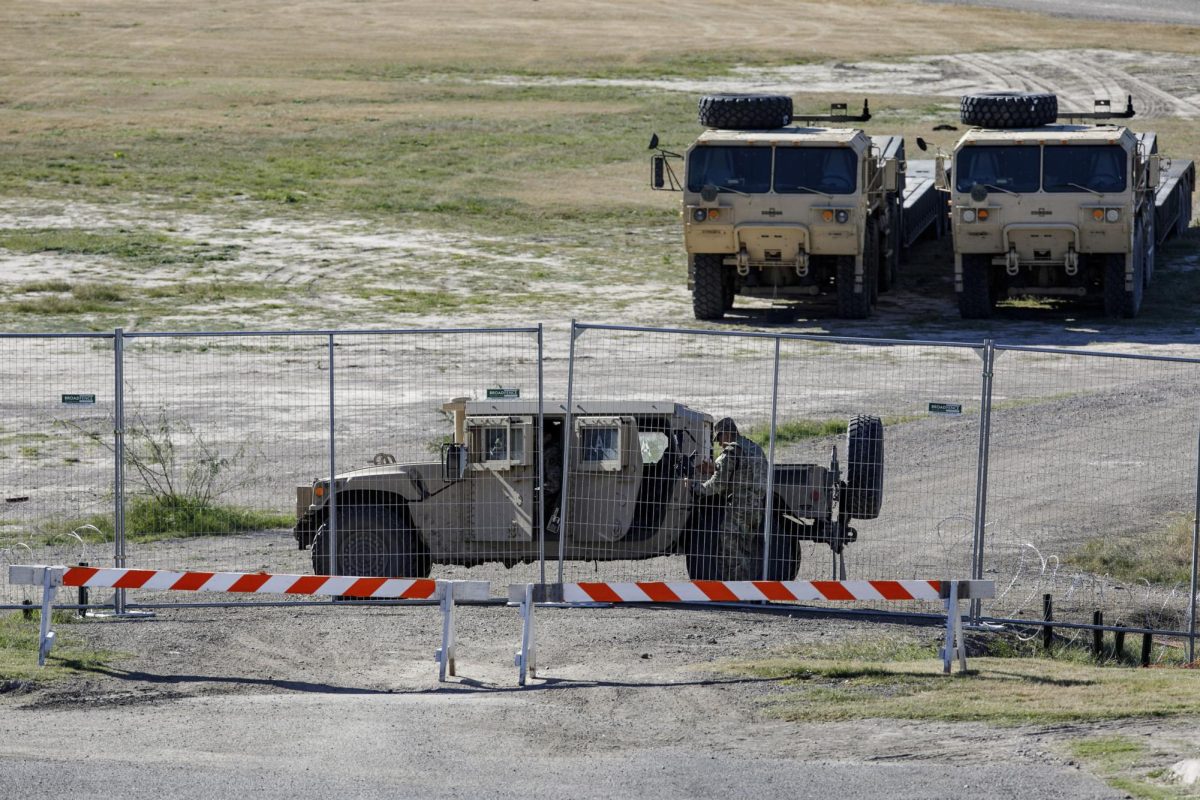The media industry has vastly changed within the last few decades. The introduction of paying for cable TV to access popular channels boomed in the late 1950s. Since then, video production, live streaming, and radio broadcasts have had leaps and bounds in improvement. Now it seems rare to find someone who still pays for cable TV, rather than the monthly subscriptions of Disney+, Netflix, Hulu, and Max.
Not only is streaming easier to manage and pay for, but it gives a variety of movies, broadcasted shows, and brand specific viewings. Nevertheless, with the major shift into streaming services, it changes how actors and writers are paid.
Reality TV has dominated the early 2000s because of its ability to create a connection with the viewers. None of it was scripted, and it portrayed the struggles and experiences of normal people. However, as the film industry began to grow, producers began to push for the drama and shock factor we associate with reality TV. On the contrary, as American beliefs spread, the opinion of the viewers began to change. Many criticized the portrayal of women, religion, and race.
The narrative began to change when an increased interest in storytelling, not just reality TV drama, became apparent. With the need for scripts and engaging narratives, writers became an essential for compelling, enticing shows and movies. What is not talked about is how those writers are being treated behind the scenes.
The WGA, also known as the Writers Guild of America, was founded in 1921 as a labor union to unify and represent the future interests of film and television. The WGA Strike started on May 2, 2023 to begin to advocate for humane working environments and hours, better pay, and protection against developing AI.
It seems a lot of people tend to undermine and blame the writers when their favorite shows do not go their way, or seem to end badly, but this is not the writer’s fault. With the increased demand for scripts for hundreds of thousands of shows, movies, and specials, script writers are often demanded of high quality material within short turnaround periods. This includes developing story lines, characters, dialogue, settings, as well as having to edit and tweak whatever the producers want to change.
Writers tend to work up to 35 to 40 hours a week, not including overtime needed to finish products within their deadline periods. Screenwriters get paid in residuals after they complete their initial screenwriting job. Residuals are compensating pay for their script or written work. Around every three months, they will receive checks from the TV or streaming producers. Their pay is not consistent, they are not paid biweekly or an hourly wage. Their residuals are not based on the views their project gets, but rather a percent of the annual fee viewers pay for the streaming service.
So that $9.99 you are paying every month is what the residuals are coming from. Their pay is not based on the viewer percentage or popularity. This is the reason why the WGA went on strike because of the wrongdoing that was happening. Their writers are overworked, underpaid, and not paid consistently.
With the newer development and usage of AI, writers want to secure their place within media production. AI could easily replace writers, but only when AI developes enough to write on par with experienced writers. The only way to further develop AI is to feed it examples and real work people have created.
The WGA wants the Alliance of Motion Pictures and Television Producers( AMPTP), to protect their intellectual property from being replaced by AI, but also to prevent them from using their scripts and writings to further develop something that could replace their jobs and livelihood.
The AMPTP have reviewed and released a proposal that states the earnings of residuals will increase, and that AI generated material cannot be used as assigned material for episodes, movies, or plays. However, this does not protect the writer’s property from being used to further develop AI.
The WGA wants all its counterparts, script writers, screenplays, theater scripts, and writers to be protected. Even if that means continuing their strike. As of Sept 14, the WGA has been on strike for 135 days.
This will continue only when the AMPTP proposes an acceptable offer that will protect their jobs, livelihood and property as writers. Until then, the WGA will continue to strike and picket together for better conditions.
For more information regarding the strike, go to ca-times.brightspotcdn.com/2d/6e/d76ce3d74fb4b43a43eb4d8846e3/amptp-press-release-2023-08-221.pdf, fortune.com/2023/07/19/what-are-residuals-hollywood-writers-actors-strike-streaming/, or www.wgacontract2023.org/the-campaign/pattern-of-demands.




